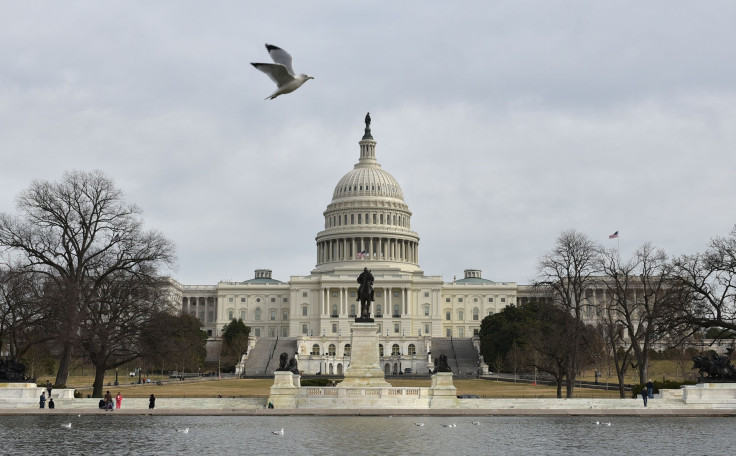Healthcare In The US: The 3 Major Taxes Congress Is Eliminating In The Latest Spending Deal

KEY POINTS
- Tax on so-called Cadillac healthcare plans to be repealed
- Tax on medical devices to be eliminated
- Health insurance fee to be ditched
Congressional negotiators reportedly reached agreement on ending three major healthcare related taxes as part of the year-end spending deal.
Politico reported the deal would eliminate the tax on so-called Cadillac employer-sponsored health plans, the medical device tax and a health insurance fee. Parts of the healthcare industry, as well as labor unions, have long protested the imposition of these taxes, which were put in place to finance the Affordable Care Act.
Unions argued that the Cadillac tax -- which absent congressional action would go into effect in 2022 -- was unfair because it taxed plans that workers had won as a result of collective bargaining with employers.
"It is unconscionable that hard-working Americans will continue to have this draconian penalty assessed on benefits they’ve fought hard to receive while many employers scale back their healthcare offerings and raise the cost to their workers without consequence," Teamsters General President James P. Hoffa argued in 2017. "Where is the fairness in such a policy?"
Earlier this month, more than 1,000 employers, unions, and health insurers signed a letter to Congress asking them to repeal the Cadillac tax.
"We are asking you to swiftly, and fully, repeal the impending 40% tax on employer-provided healthcare before this onerous tax increase hits the pocketbooks of hardworking Americans," the letter stated.
Meanwhile, the medical device industry waged a long campaign against a tax on its products, aided by friendly lawmakers from states where the industry has deep roots. Sen. Elizabeth Warren, D-Mass., one of the Democratic presidential contenders, had for years advocated for repeal of the tax, arguing it harmed innovation.
In addition to repealing these healthcare taxes, the spending deal will extend a range of healthcare programs until May 22. The deal does not, however, include any legislation dedicated to dealing with "surprise" medical bills, an issue that lawmakers have been wrestling with for the past year.
All 12 year-end fiscal 2020 spending bills will be split into two packages, which the House is expected to consider on Tuesday. The Senate is then expected to pass these bills before sending them to the president before spending for the federal government expires on Friday.
© Copyright IBTimes 2024. All rights reserved.





















